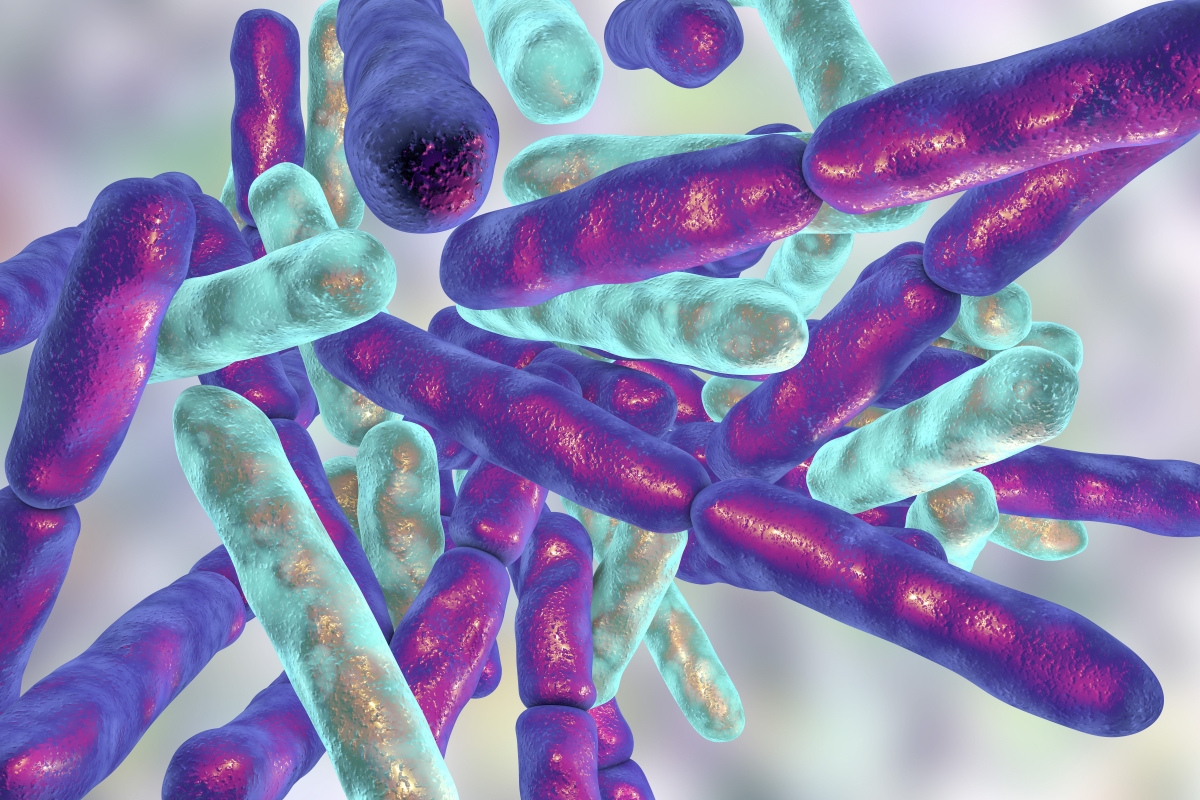Gut Microbiome Dysbiosis and Adolescent Depression: A Systematic Review
Gut Microbiome Dysbiosis and Adolescent Depression
Adolescent depression, affecting 13% of youths worldwide, presents a significant challenge, with 30–40% of affected individuals demonstrating resistance to conventional treatments. Recent research indicates that dysbiosis of the gut microbiome may play a critical role in the manifestation of core behavioral symptoms associated with depression, such as anhedonia and social withdrawal, through pathways linked to the gut-brain axis (GBA). This systematic review adheres to PRISMA 2020 guidelines and encompasses an analysis of 45 studies, including 29 clinical trials, 11 animal models, and five meta-analyses, sourced from PubMed, Web of Science, and Embase. The focus of data extraction was on microbiome composition, neurobehavioral outcomes, and the efficacy of interventions.Results from random-effects meta-analyses revealed that adolescents with depression exhibit significantly reduced gut microbiota α-diversity and alterations in taxa abundance, notably a 32% decrease in Bacteroidetes. Furthermore, dysbiosis was found to correlate positively with the severity of anhedonia, and negatively with social functioning. Interventions utilizing psychobiotics, such as Lactobacillus plantarum PS128, demonstrated a significant reduction in depressive symptoms compared to placebo, alongside improvements in emotion recognition. Notably, sex-specific effects were observed, with Bifidobacterium breve enhancing reward responsiveness in female participants. Despite these promising findings, the current literature lacks large-scale randomized controlled trials (RCTs) investigating the safety and efficacy of fecal microbiota transplantation (FMT) in adolescents. The modulation of the gut microbiome presents a potential adjunctive strategy to conventional behavioral therapies, such as cognitive-behavioral therapy (CBT). The pronounced effects of Bifidobacterium breve in females suggest possible hormonal influences, warranting further exploration. Future research must address existing gaps concerning FMT safety, developmental mechanisms, and the personalization of nutritional interventions. [NPID: microbiome, dysbiosis, depression, probiotics, lactobacillus plantarum, PS128]
Year: 2025
 Navigation
Navigation







